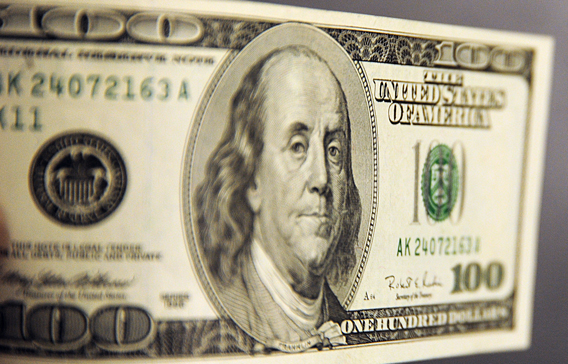International credit rating firm Fitch said the Central Bank of Egypt’s (CBE) devaluation of the Egyptian pound is credit positive, expecting the US dollar to surpass the EGP 9 threshold by the end of 2016.
Fitch added, in a report published on Monday, that Egypt will still face a challenging year in addressing slow economic growth, high inflation, and growing financing needs.
The CBE devalued the pound last Monday by 14%, launching an exceptional dollar auction in which the US dollar was set at EGP 8.85, while the price at banks was set at EGP 8.95.
The dollar was devalued slightly in another exceptional auction launched to cover temporary credit facilities on Wednesday, where the value of the dollar was set by the CBE at EGP 8.78.
The CBE’s decision responds to burdens on the local currency in Egypt due to the trade deficit, inadequate capital inflows, and low foreign currency reserves, which Fitch said is sufficient to cover less than three months’ worth of Egypt’s foreign debt.
Egypt’s foreign currency reserves hit a low of $16.5bn by the end of February, against a growing debt that registered $39.8bn by the end of the previous fiscal year.
Commenting on the decision, Fitch said: “This is more than a minor adjustment and takes the rate closer to the parallel market rate, which had weakened to above EGP 9.5 per $1.”
In the report, Fitch believes that Egypt could close an International Monetary Fund (IMF) deal if required.
IMF deals have been on hold since 2013, following an influx of $12bn Gulf aid after the ouster of Islamist president Mohamed Morsi. The IMF $4.8bn loan was being negotiated during the rule of Morsi, but discussions were suspended due to the attendant economic reform commitments, which the government found politically risky at that time.
Fitch added that the CBE had to raise interest rates to curb the inflation that is expected to follow the pound devaluation, as weaker exchange rates will make imports more expensive, according to the report.
“While we view these monetary policy developments as credit positive, there are fiscal implications as higher interest rates raise the government’s cost of borrowing,” Fitch said, explaining that interest rates on the government debt amounted to 26% in June 2015.




